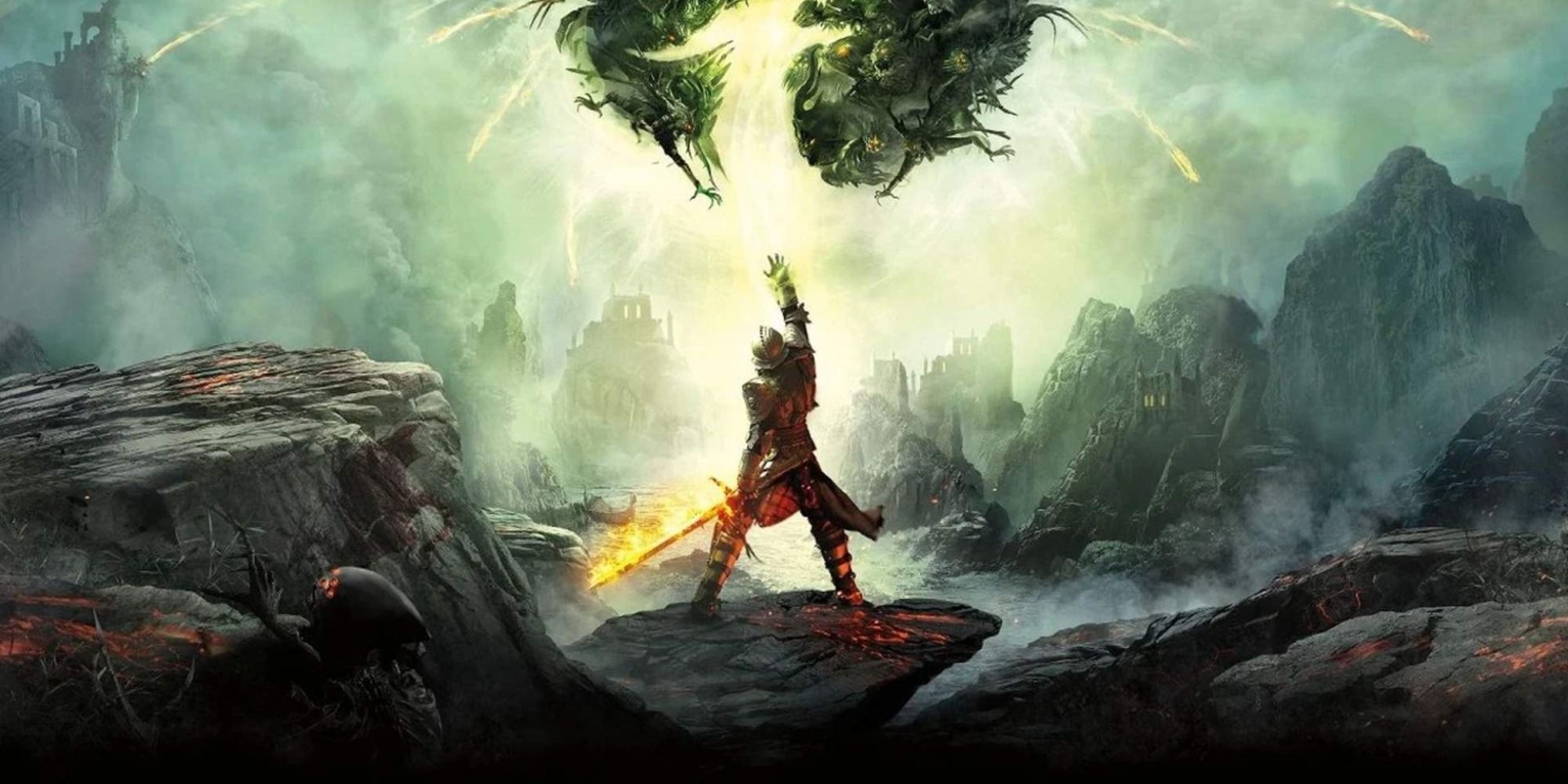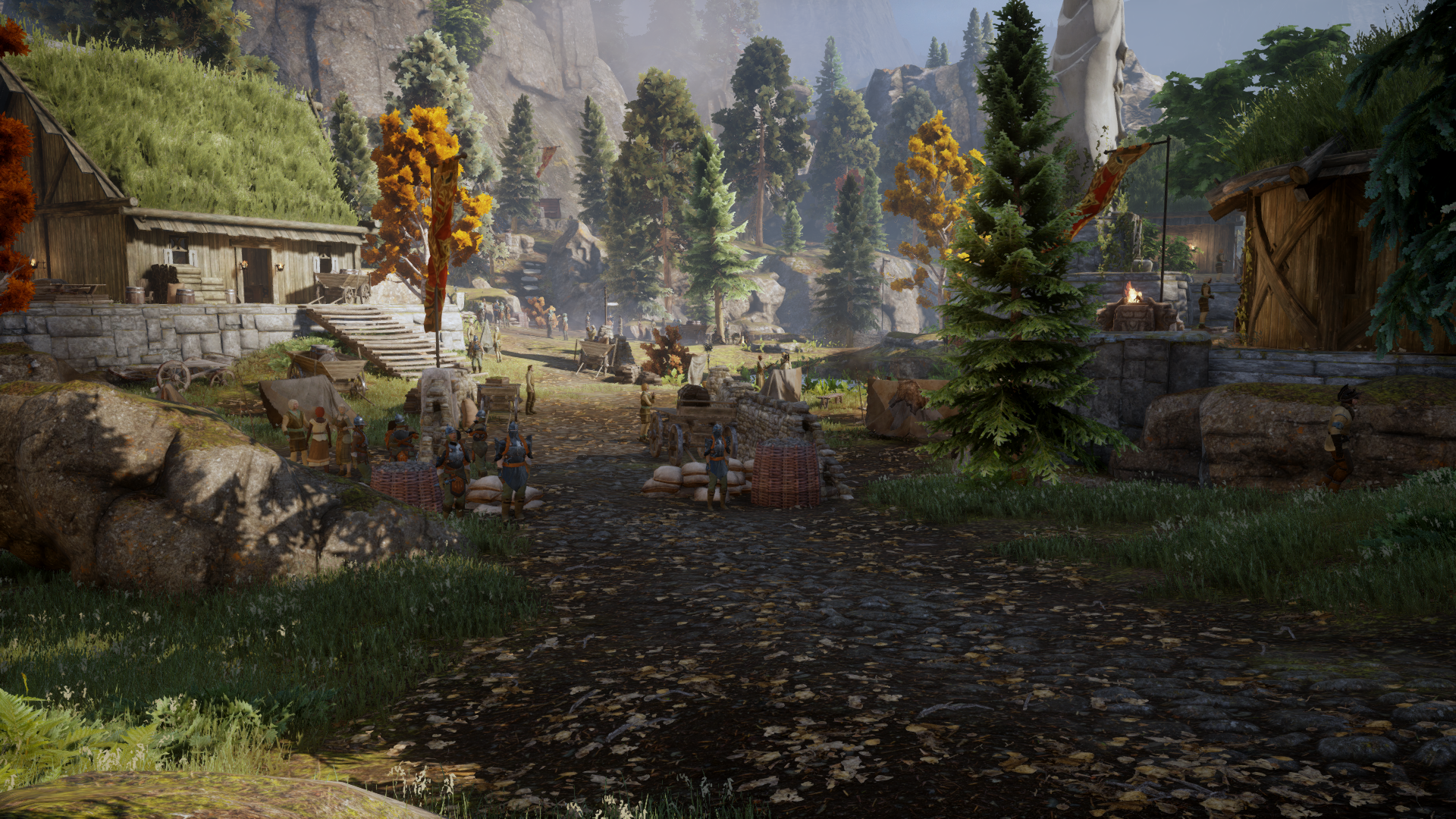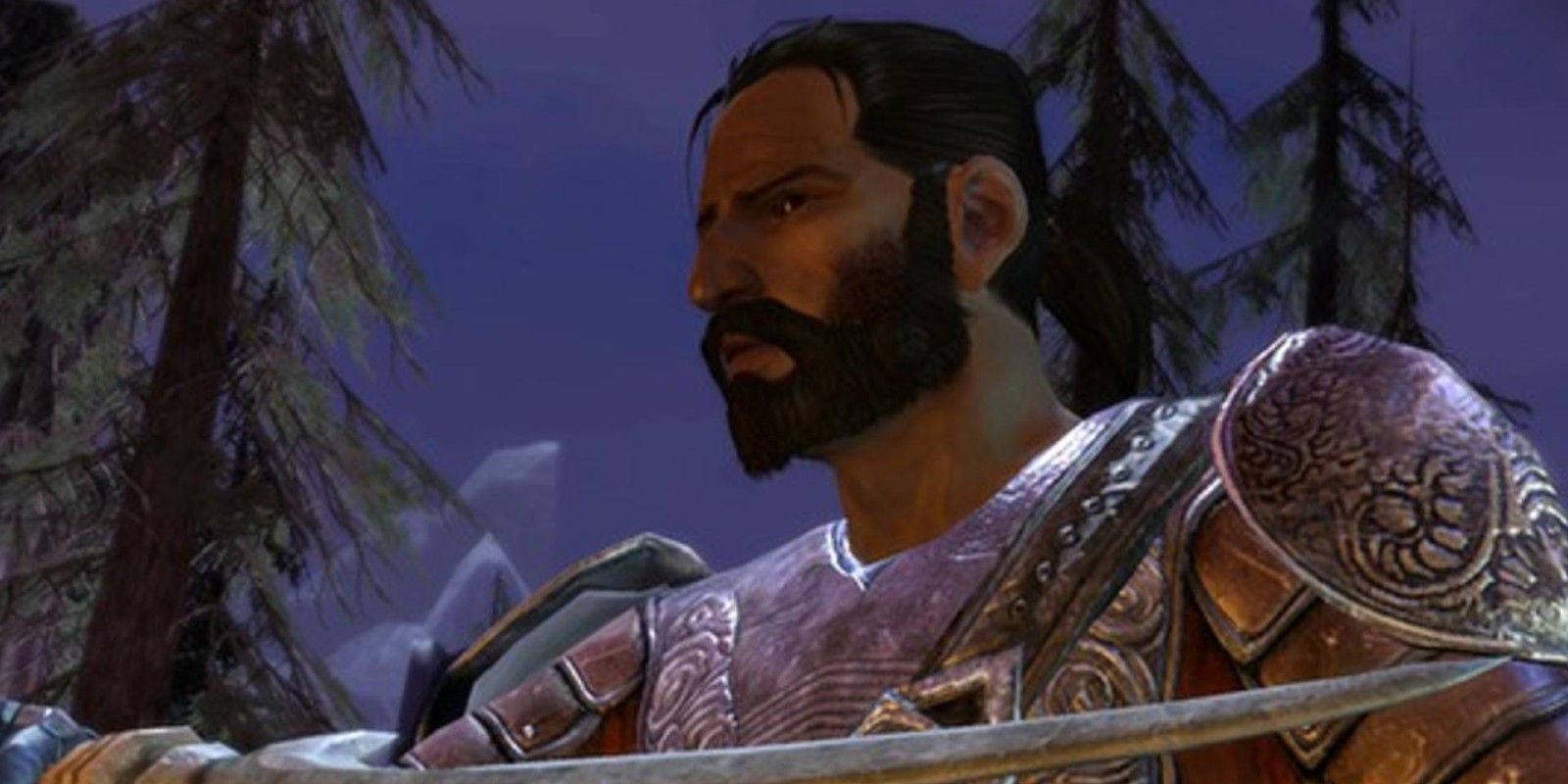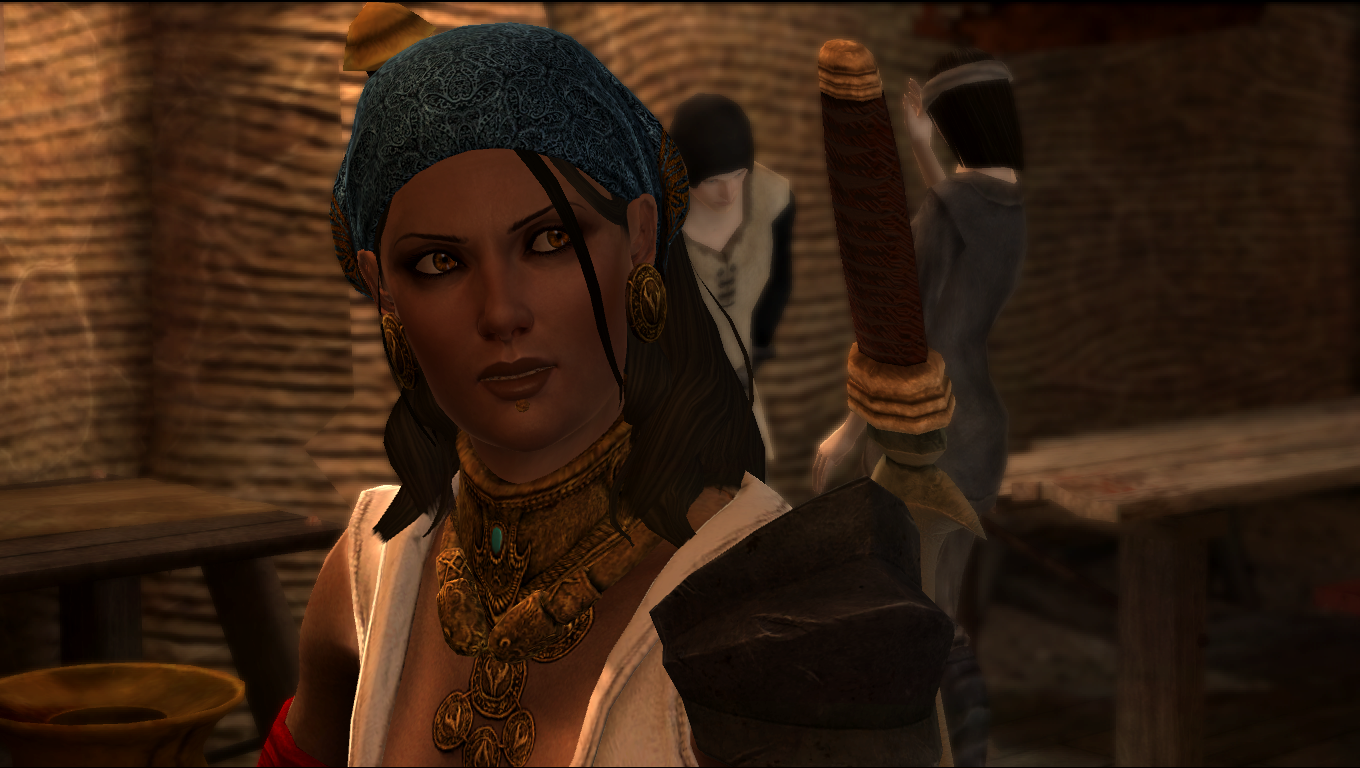Dragon Age: Inquisition felt like a shake up, to say the least. While Dragon Age 2 centered around just one city, Inquisition tasked us with setting up an army that spans two countries.
The most popular perception in the fanbase is that this was an attempt to modernize the Dragon Age series - to bring it more in line with other contemporary fantasy behemoths, moving on from BioWare’s classic RPG roots. However, according to BioWare veteran Mark Darrah, that wasn’t the case at all - on the contrary, Inquisition was all about recapturing the feel of older games.
“In many ways, Dragon Age: Inquisition was trying to return to larger areas like Baldur’s Gate and Dragon Age: Origins had”, Darrah tells me. “With Inquisition we wanted to return to exploration because we felt it was in the DNA.”
At face value, it’s hard to see this inspiration. But true enough, both Baldur’s Gate and Inquisition have massive maps separated into multiple different open-world sections - The Hinterlands even looks a little like the open field areas in the Sword Coast.
Yet now, seven years since Inquisition launched, Darrah isn’t so sure that exploration is what Dragon Age is all about anymore. “I'm not clear where I sit now [on] whether or not that is actually true,” he says. “I would say that Dragon Age is at its best when it is telling those big stories THROUGH character interactions.” In Darrah’s eyes, it’s best to take a “zoomed in” approach to storytelling in the world of Dragon Age.
Of course, Dragon Age heavily relies on its stellar character writing - it’s nothing without it, and that’s by design. As Darrah explains, the stories of these games are consciously built around the characters because they come first. “A story without good characters isn’t compelling”, he says.
However, much like Baldur’s Gate, these iconic, adored, and hated characters aren’t immortal. Whether they live or die doesn’t just depend on how the writer feels, but how the fans play. The ever-changing nature of Dragon Age might make a neat remastered trilogy near-impossible, but the player choices BioWare is renowned for make it so that even regular sequels are hard to pull off.
“The Warden in The Fade in Inquisition was almost impossible to resolve due to the quantum nature of everyone,” Darrah explains. Hell, there were even discussions about bringing our Warden from Origins back, but their potential death - and the fact they’re the only non-fully voiced protagonist - made the long sought after cameo too problematic.
From the sound of it, a Warden return is still occasionally discussed, although we won’t be playing as an old protagonist anytime soon. “A new protagonist allows the series to distance itself from the decisions of the previous game without invalidating them,” Darrah says on the matter. If we were playing as the Inquisitor again, then how on Earth do you rectify that the Inquisition itself might not even exist anymore? Change might cause a ton of complications when writing a sequel, but it is indeed the only way to make sure player choice is respected.
Judging from how Darrah speaks about the series, his only concern is its future. He may have left BioWare last year, but he won’t spill the beans on the cut characters he alludes to, just in case the current team decides to bring them back for DA4, and because “theoretical features are always better than real ones."
In fact, when I bring up David Gaider’s recent tweet thread about what he would have done differently if he got more time on Dragon Age 2, he’s quick to shut the topic down. “I don't second guess the decisions of the past,” Darrah says. “Dragon Age 2 is what it is. Inquisition wouldn't exist without 2 as it is.” While he admits that the development was “focused but rushed,” that’s all there is to say about it.
It’s easy to see why he takes this approach - for the series, the only way is forward. As much as many of us would love another ending to Dragon Age 2, it would stand in direct conflict with the story of Inquisition, which needs the Templars and Mages at each other's throats. There’s no room for a centrist Hawke. Darrah spent several years working on Dragon Age 4 before he left - it makes sense that he’s not second guessing the past, having spent so much time weaving the branching paths of three huge games together to try and make a fourth.
Although even that appears to be ever-changing. His favourite character is Cassandra, although he adds, “I suspect I change my answer every time.” And going back to Baldur’s Gate, in which he at one point thought the key feature was exploration, his perspective can also shift - “I think even there, characters are the cornerstone.”
If characters cut in the first three games could still make a comeback, and a Warden cameo isn’t even completely off the table, it’s clear just how fluid this story has to be to survive. And if Darrah can’t afford to second-guess older titles, perhaps on top of that fluidity you also need an equal measure of confidence to push forward regardless of what’s happened in the past. With that in mind, what Darrah has told us is clear: anything can happen in Dragon Age 4.




